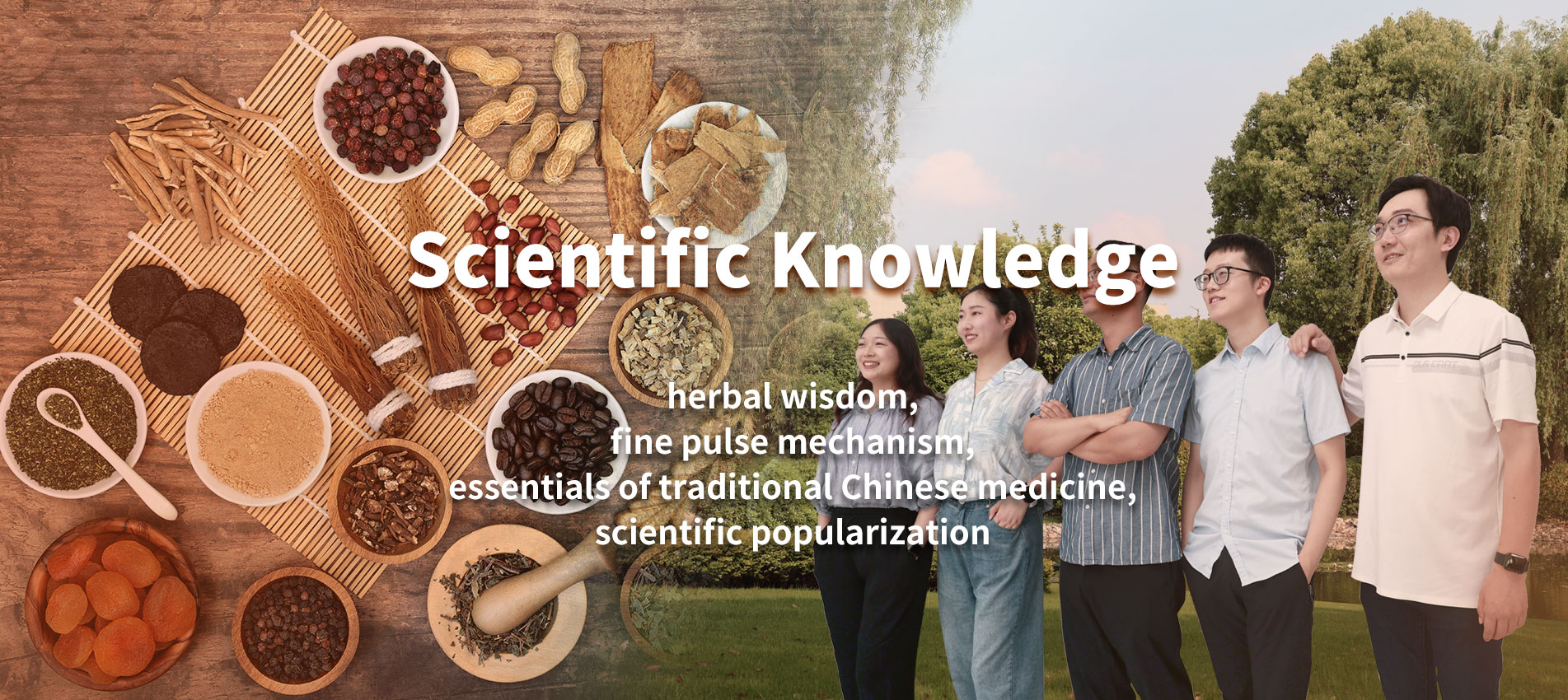Zang and Fu is the general term for the internal organs of the human body in Chinese medicine, including the five viscera (heart, liver, spleen, lungs, kidneys) and six viscera (gallbladder, stomach, small intestine, large intestine, bladder, triple energizer).
Chinese medicine on the viscera form and part of the record is relatively brief, and focus on Qi, blood, Yin, Yang, etc. to summarize the material structure of the internal organs, that they are the composition of the internal organs and the maintenance of the internal organs physiological activities of the basic substances. Because of the Qi, blood, Yin and Yang have different physiological functions, so they are in the physiological activities of the internal organs, each playing a special role. At the same time, each internal organ’s the Qi, blood, Yin and Yang material structure is not the same, some are g Qi, blood, Yin, Yang and weight, some are Qi, Yin-based, some are Qi, Yang-based.
Chinese medicine in the Zang and Fu, not simply an anatomical concept, but a comprehensive functional unit. Chinese medicine on the physiological functions of the Zang and Fu narrative, greatly beyond the scope of the morphological organs, especially the five organs is so, not only contains the same organ of Western medicine part of the function, but also summarizes some of the functions of other organs. Therefore, the heart, liver, spleen, lungs, kidneys in Chinese medicine is different with the Western medicine.
Meridian is a unique concept in traditional Chinese medicine, refers to an invisible channel within the body, which connects the internal organs and the body surface, communicating with all parts of the body.
Meridian theory thinks that a variety of energy and information in human body are through the meridian system in the body flow and exchange, the meridian has the function of regulating the internal balance of the body, when the meridian smooth, qi and blood run smoothly, the human body's physiological functions will be able to run normally; once the meridian blockage or disorder, it will cause a variety of diseases. Chinese medicine meridian theory breaks through the simple understanding of the physiological function of the organs, emphasizing the internal organs of the human body and the external environment between the interconnection and interaction, this systematic thinking is not only concerned about the local problems, but also pay more attention to the overall regulation and health of the whole body, is an important embodiment of the holistic view of Chinese medicine.



